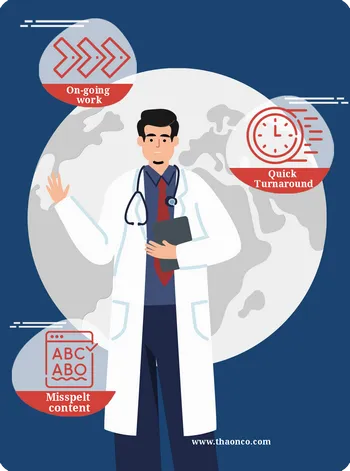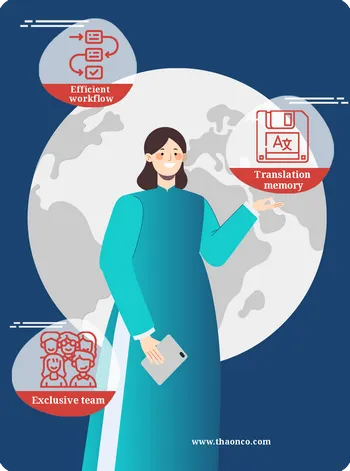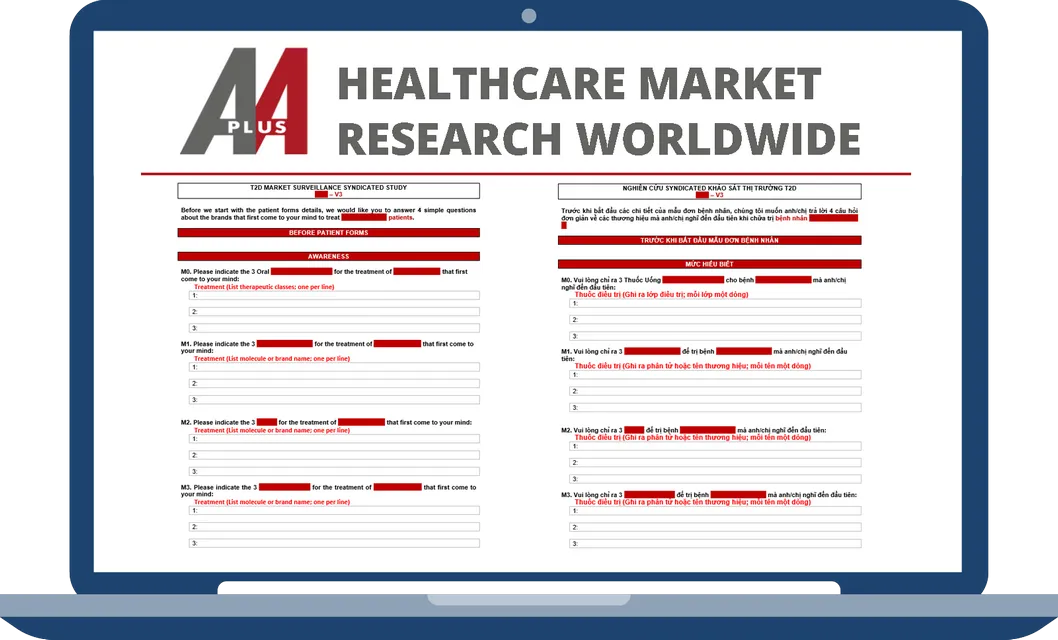
Quick turnaround
Most of the questionnaire and verbatim translation projects we worked on required quick turnaround as our client was on a tight schedule to roll out the research studies in multiple countries or understand the respondents’ answers for data collection as well as research reporting purposes.
Misspelt respondents’ answers
With open-ended research questions, respondents got to type their answers without any specific guidelines in the writing. Thus, some of the source text for translation was filled with typos and grammatical errors, and looked improper in some languages. For example, the Vietnamese respondents’ answers often lacked diacritics, which resulted in ambiguous meaning. Our translation team had to spend time guessing the actual meaning, which lengthened the translation phase and put even more pressure on our delivery timeline commitment.
Overlapped questionnaires
Many of our projects are on-going, which means the documents for translation would be updated by the year and research location. Thus, we would often need to add or update the translations on previously translated files. As some of the text had already been translated, we were required to comply with certain language styles and word choices.

Facilitating simultaneous translation and proofreading to shorten delivery timeline
We used SmartCAT, a cloud-based translation platform, to facilitate simultaneous translation and proofreading, enabling us to deliver quality works while shortening the lead time.
Maintaining the same linguists for the project
We recruited a number of qualified and experienced medical/healthcare translators and kept this team exclusively on the project.
Maintaining the project’s Translation Memory for translation consistency
We used Trados Studio to maintain the translation memory by language pairs for the client to ensure translation consistency while providing discount for repeated translations.
Scope of work
300,000 words
